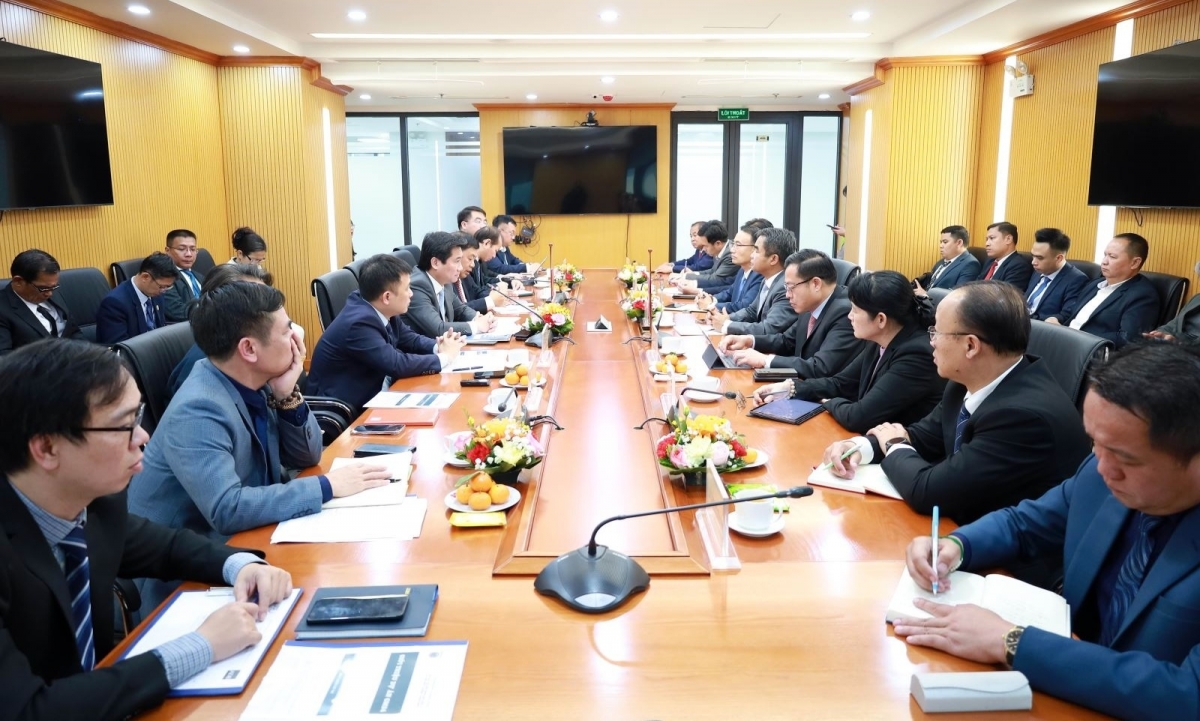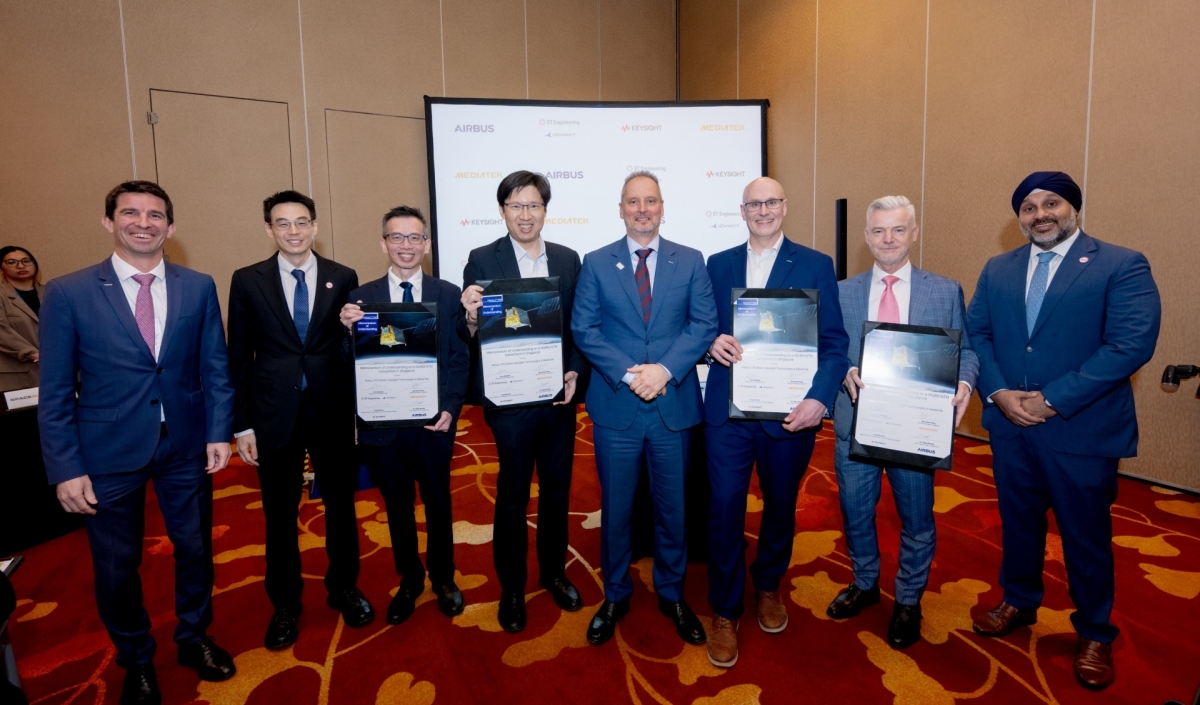INTERNATIONAL INVESTMENT
AND PORTAL
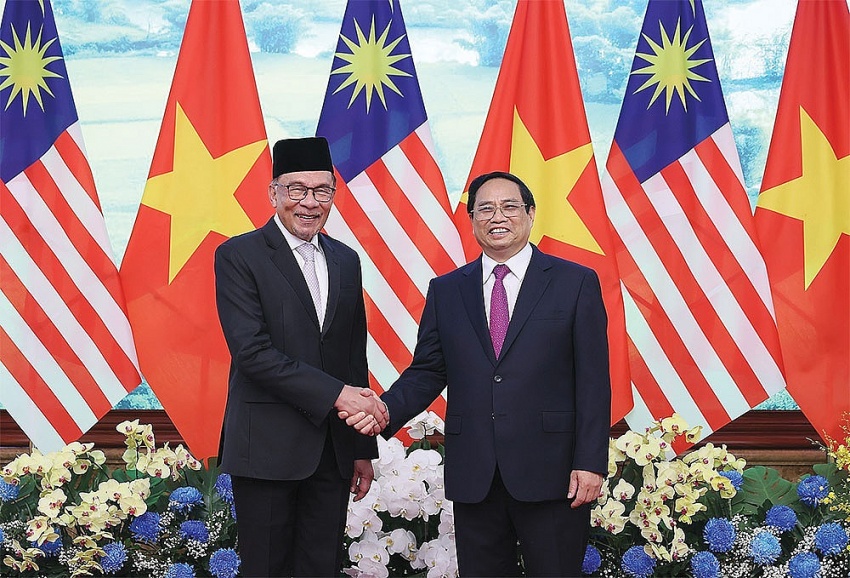 PM Pham Minh Chinh (right) held talks with Malaysian counterpart Anwar Ibrahim, Photo VNA
PM Pham Minh Chinh (right) held talks with Malaysian counterpart Anwar Ibrahim, Photo VNA
During an official visit last week to Vietnam by Malaysian Prime Minister Anwar Ibrahim, he and his Vietnamese counterpart Pham Minh Chinh agreed on a new cooperation framework, with a focus laid on applying new measures to increase the bilateral trade turnover to $18 billion as soon as possible, according to the Ministry of Foreign Affairs.
“The two countries will limit the application of trade barriers on each other’s goods, while facilitating trade in agricultural products, foodstuffs, electronics spare parts, and construction materials,” the statement said.
Both nations will also make the best of opportunities from their shared regional trade deals such as the Regional Comprehensive Economic Partnership and the Comprehensive and Progressive Agreement for Trans-Pacific Partnership, while expanding cooperation in the new sectors of digital economy, circular economy, green economy, and the sharing economy.
Vietnam and Malaysia last week also agreed on a plan to sign a new agreement on aviation and tourism cooperation, with an expansion in flight frequency.
According to the Malaysian Embassy to Vietnam, Malaysia is now keen to work with Vietnamese companies in sectors such as ICT services, renewable energy, education, financial services, private healthcare, tourism, and retail.
Vietnam’s Ministry of Industry and Trade reported that bilateral trade turnover hit $12.5 billion in 2021 – up 25.3 per cent on-year and $14.68 billion last year. In the first half of this year, Vietnam’s exports to Malaysia reached $2.53 billion - down by 17.2 per cent on-year, and imports stood at $3.66 billion, an on-year reduction of 24.7 per cent.
Vietnam exports mainly telephones and components, crude oil, rice coffee, and seafood to Malaysia while importing mostly computers, electronic products, machinery, equipment, petrol, household appliances and components, and chemical products.
Vietnam and Malaysia have also vowed to expand ties in the fields of agro-forestry-fishery, halal, foodstuffs, and electronics. Notably, they will jointly devise a mechanism on exchanging information in trade remedies between the two countries.
According to the Vietnamese Ministry of Planning and Investment, Vietnam has 21 valid projects with registered capital totalling $853 million in Malaysia, making the latter the ninth-largest among the 78 overseas investment destinations of Vietnam.
As of June 20, Malaysia ranked third among the ASEAN nations - after Singapore ($73.43 billion) and Thailand (nearly $13.2 billion) - and 10th among the 143 countries and territories investing in Vietnam, with 722 valid projects worth more than $13 billion.
As an example, Malaysia’s ParkCity Property Holdings has worked with the leadership of the Mekong Delta province of Long An, proposing an urban and industrial complex in the province’s Ben Luc district spanning about 2,600 hectares, including a 36-hole golf course.
In Vietnam, the group has also invested in the development of the urban area ParkCity Ha Dong in Hanoi.
Vietnam and Malaysia have also been boosting ties in oil and gas for decades. Malaysia’s state-owned oil and gas giant Petronas and PetroVietnam have been cooperating since 1991 in exploration, exploitation, and supply of oil and gas services.
In 2019, the pair inked an agreement for the sale and purchase of additional gas to Vietnam’s Ca Mau gas power and fertiliser complex. Under the deal, the complex would receive additional gas of one billion cu.m per year to solve the gas shortage. The complex was constructed in 2001 in the southernmost province of Ca Mau.
In addition, the two nations have also been boosting cooperation in electricity and renewable energy. Malaysian-backed ventures include the $2.2 billion Hai Duong Thermal Power Plant in the northern province of Hai Duong, with investment by Jaks Pacific Power; and the Duyen Hai 2 Thermal Power Plant worth $2.4 billion in the Mekong Delta province of Tra Vinh, with the investor being Janakuasa.
Last December, Toyo Ventures Holdings Berhad’s subsidiary Toyo Ink and Vietnam’s Song Hau 2 Power Company inked a temporary engineering, procurement, and construction agreement with the Sunway-PECC2 Consortium in relation to Song Hau 2 Thermal Power Plant worth $3.23 billion in the Mekong Delta province of Hau Giang.
Sunway-PECC2 is an unincorporated consortium between Malaysia’s Sunway Construction and Vietnam’s Power Engineering Consulting JSC 2, while Song Hau 2 Power Company is a Toyo Ink unit. The contract price amounts to about $2.2 billion.
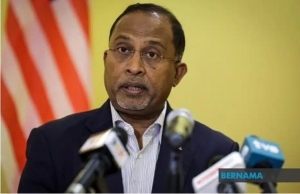 Malaysia suggests initiative to prevent violent extremism in digital realm
Malaysia suggests initiative to prevent violent extremism in digital realm
Malaysia's Foreign Minister Zambry Abdul Kadir mooted the idea of a digital resilience Initiative (DRI) framework to prevent and counter violent extremism in the digital realm in his address delivered at an international conference in Kuala Lumpur on June 13.
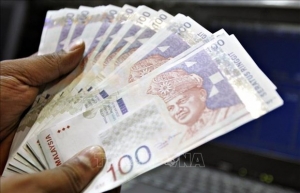 Malaysia ringgit at seven-month low
Malaysia ringgit at seven-month low
The Malaysian ringgit (RM) depreciated for a fifth straight session to slump to a more than seven-month low on June 23 due to a firmer dollar and weak oil prices.
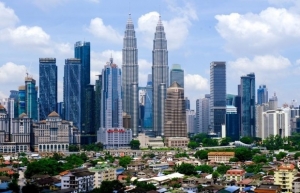 Malaysia secures 49 bln USD worth of investments
Malaysia secures 49 bln USD worth of investments
Malaysia’s trade performance continues to improve, driven by different investments including domestic direct investments (DDI) and foreign direct investments (FDI), said the country's Ministry of Investment, Trade and Industry (MITI).






